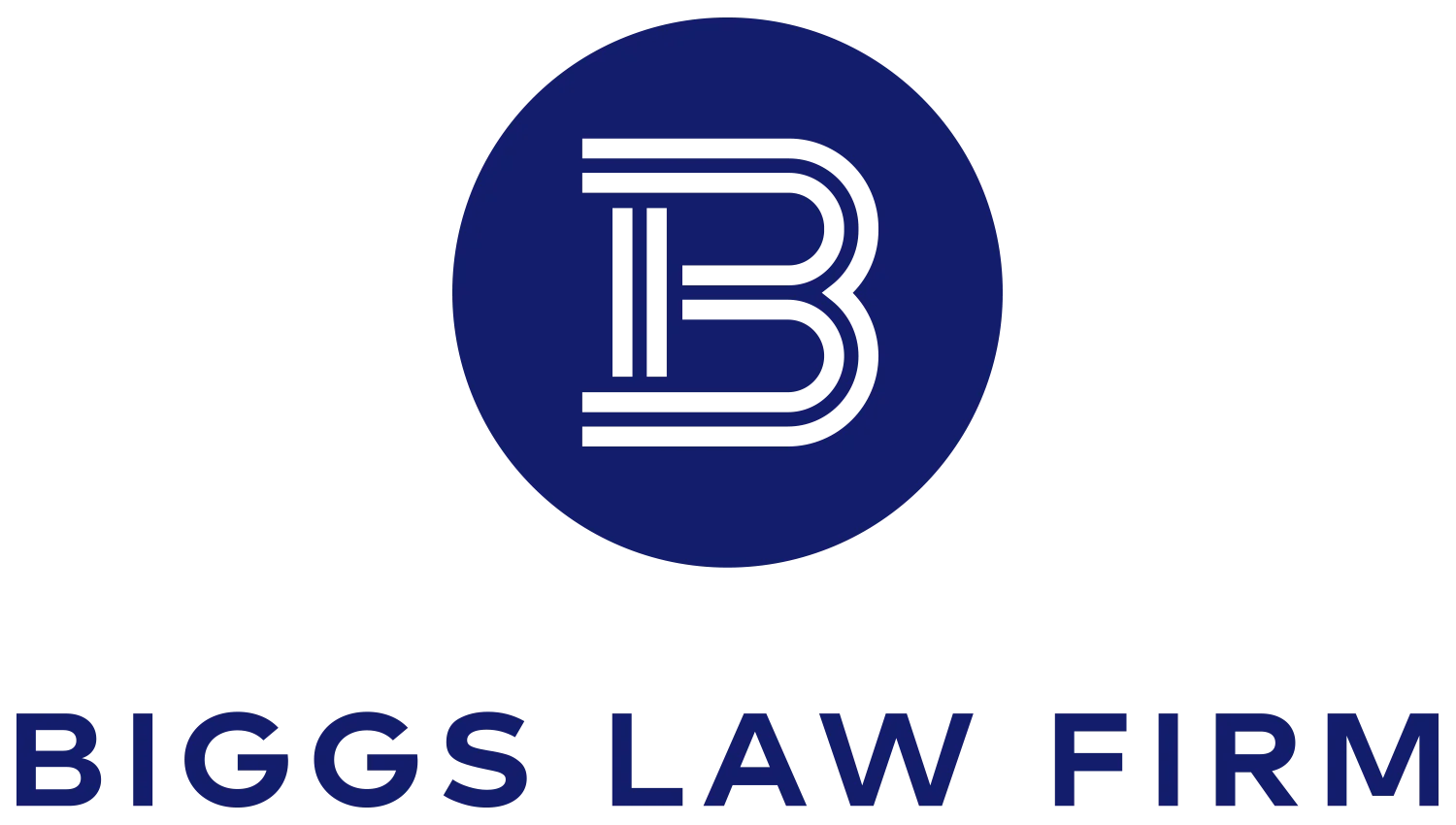What To Know About the Corporate Transparency Act
Listen up, North Carolina business owners! The Corporate Transparency Act (CTA) went into effect on Jan. 1, 2024. And, since it applies to limited liability companies (LLCs), corporations, and businesses with other incorporation structures, it may also apply to you and your commercial enterprise. Now that this law has gone into effect, you may have specific reporting requirements you have to tend to. Below, we share what you need to know about the Corporate Transparency Act so you don’t end up on the wrong side of the law.
What Is the Purpose of the Corporate Transparency Act?
The CTA is seen as an update to our country’s anti-money laundering laws. This Act aims to pinpoint and reduce potential tax fraud, corruption, and financing of terrorism.
Complying With the Corporate Transparency Act
The American Bar Association explains that certain businesses, referred to as “reporting companies,” must submit information regarding their “beneficial owners” to the Financial Crimes Enforcement Network (FinCEN), a division of the U.S. Department of Treasury, unless otherwise exempt from doing so.
Understanding What Reporting Companies and Exempt Ones Are
As hinted at in the introductory paragraph, virtually any corporate entity, LLCs included, falls into the reporting companies category. Large operating companies that are otherwise heavily regulated by the government and specifically listed entities are exempt. A tax-exempt entity, which is one referenced in Internal Revenue Code Section 501(c), does not have to comply with reporting requirements either.
What Are Beneficial Owners Per the CTA?
FinCEN has an entire webpage that discusses beneficial ownership information (BOI) requirements. It describes a beneficial owner as someone who either indirectly or directly:
- Exerts substantial control over a company’s reporting, which may mean that they are the business’ senior officers or have the authority to appoint or remove board members
- Maintains 25% or more ownership interest in or control over the reporting company (i.e., owns stock shares)
Some individuals are exempt from the BOI reporting requirements, including:
- Employees (other than senior officers)
- Creditors
- Anyone who may inherit the reporting company in the future
- Minors (although their parent or legal guardian must be listed as beneficial owners during reporting)
Reporting Requirements Under the Corporate Transparency Act
Depending on when they were formed, reporting companies must start by identifying up to two company applicants responsible for:
- Submitting any necessary documentation establishing the business entity and its ability to operate in the U.S. (if the registrant is a foreign company)
- Directs or controls the submission of the company’s documentation
As far as actual reporting is concerned, your company must clarify whether it’s filing an initial, corrected, or updated report with FinCEN. Aside from specifying the type of report you’re making, you must disclose the following information:
- Company details: This includes your company’s legal name, any doing business as (DBA) or trade name it goes by, its tax ID number (including SSN/EIN/ITIN), and the primary U.S.-based street address from where your company does business.
- Beneficial owner information: When making a report, reporting companies must provide each beneficial owner’s legal name, date of birth, and street address where they reside. In addition, an image of an acceptable identification document that includes a unique identifying number and details about the issuing state or other jurisdiction is necessary for each of those beneficial owners.
If you’re curious about what constitutes an acceptable identification document, the following will generally suffice, provided they are still valid (haven’t yet expired):
- A U.S. passport
- A driver’s license from any state or U.S. territory
- An official local, Tribal, or U.S. government-issued identification card
A beneficial owner may only submit a non-U.S.-issued passport if they do not have any of the three above-referenced types of documentation.
How Do You Submit Your BOI Report to FinCEN?
The federal government accepts electronic submissions of your Raleigh company’s BOI report through its secure online system. You can submit your company’s report via the FinCEN Beneficial Ownership Information tool here.
How Biggs Law Firm Can Assist Your NC Business With its Corporate Transparency Act Obligations
Your newfound responsibilities under the CTA may seem straightforward based on your reading of the details above; however, as you might suspect, there are significant consequences if you misinterpret whether or not you’re obligated to comply or are exempt from this law. Additionally, filing requirements vary depending on when your company was incorporated, and your obligation to come into compliance with this law is longer now since the law just went into effect, but that filing timeline will become more narrow in the upcoming months.
These aforementioned nuances, in addition to a lack of awareness of the new law’s existence in the first place, could leave you unexpectedly facing some legal ramifications if you’re not careful. We, therefore, recommend that you reach out to us at Biggs Law Firm if you have any questions about your need to do BOI reporting or any other concerns regarding the Corporate Transparency Act. We’ll put you in contact with a business law attorney on our team to discuss your responsibilities and the legal implications associated with not meeting them.
Start The Process Today
Schedule your consultation with one of our experienced attorneys.
